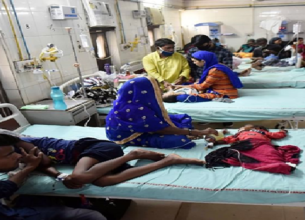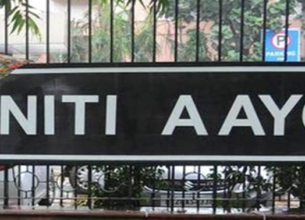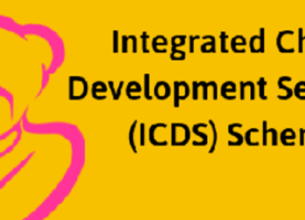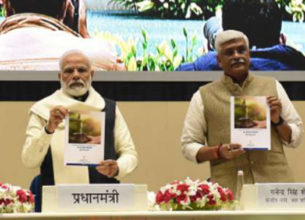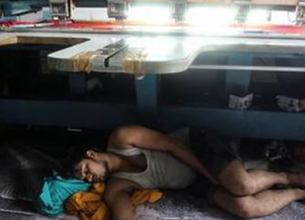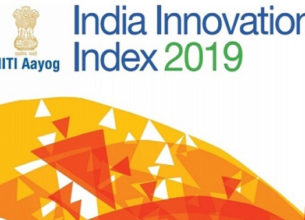NITI AAYOG TO DRAFT ROADMAP FOR ACHIEVING POPULATION STABILIZATION
21, Dec 2019

Prelims level : Constitutional Bodies, Regulatory Bodies
Mains level : GS-II Appointments to various Constitutional Posts, Powers, Functions and Responsibilities of various Constitutional Bodies.
Why in News?
- NITI Aayog is organising a National Consultation titled “Realizing the vision of population stabilization: leaving no one behind”.
Highlights:
- The working paper is expected to address key gaps in India’s family planning programmes.
- It will offer constructive recommendations to address regional disparities in outcomes by focusing on adolescents and youths, inter-departmental convergence, demand generation, access to contraceptive services and quality of care.
- The recommendations from the consultation will contribute to a NITI Aayog working paper to help achieve India’s vision of attaining population stabilization.
Key Recommendations:
- Increasing the basket of contraceptive choices, with greater focus on spacing methods and helping women make informed choices about delaying pregnancy and spacing between children.
- Addressing social determinants of health such as age at marriage and sex-selective practices.
- Strengthening quality of care, including counselling services, managing side effects and family planning support.
- Increasing budgetary allocations for family planning, to align with the unmet needs of India’s young people who constitute nearly 30 per cent of our population.
- Addressing existing socio-cultural barriers towards contraception by investing extensively in innovative behaviour-change communication strategies.
- Treating population stabilization and family planning as a national priority, fostering inter-departmental convergence and ensuring multisectoral participation and integration.
Why Such Move?
- India, with a current population size of 1.37 billion, has the second largest population in the world.
- Family planning is considered universally as the smartest development investment.
- For India to realize its sustainable development goals and economic aspirations, it is important to ensure that people have informed access to contraception and quality family planning services.
- India is also at a stage where birth rates are falling but the population continues to grow due to the fact that more than30 % of the population is young and in the reproductive age group.
- Nearly30 million currently married women in the age group of 15-49 years within this critical cohort have unmet needs in family planning.
- This limits their ability to delay or avoid pregnancy by not having access or the agency to use contraception.



